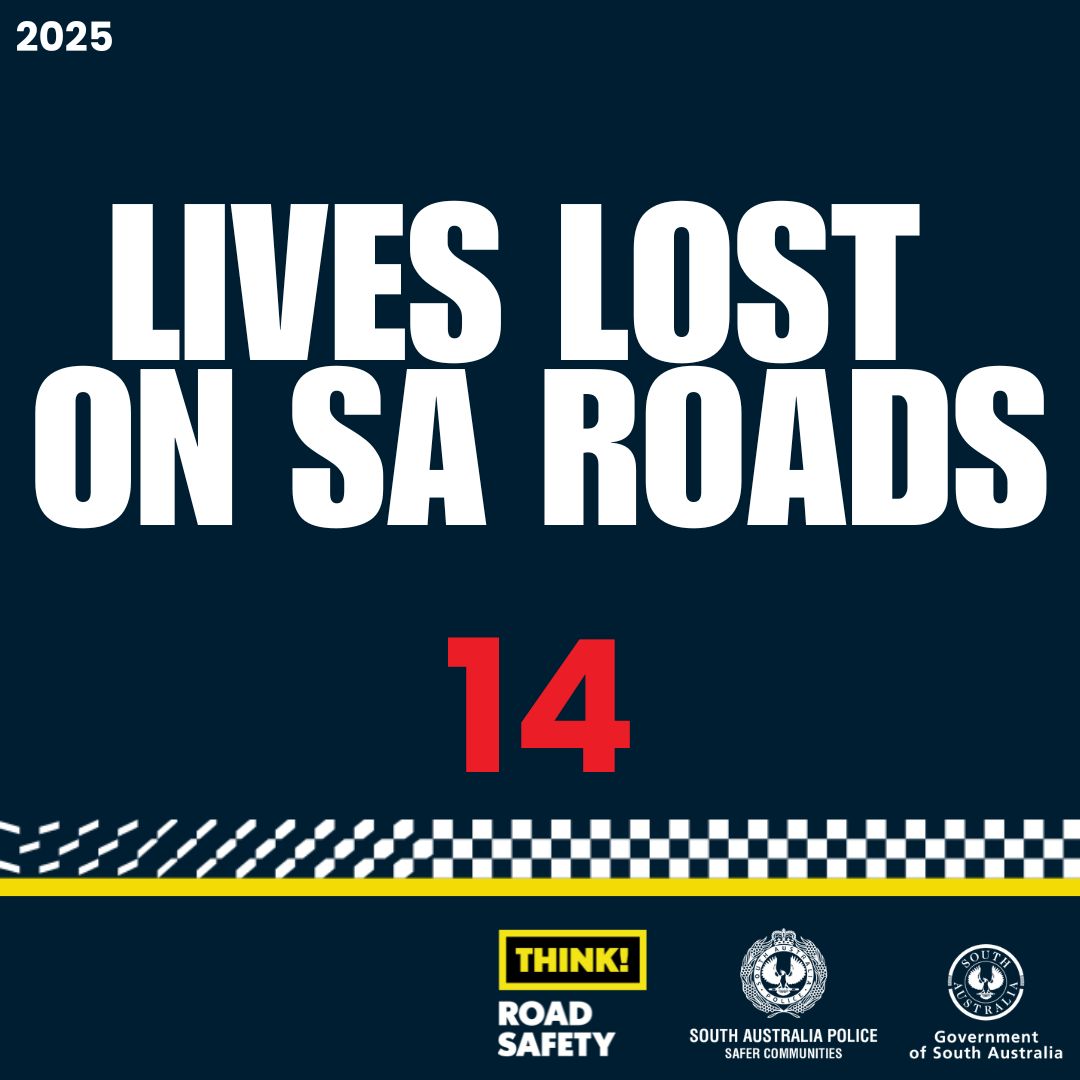Just a few years ago, the sport of badminton was unknown in the Pacific nation of Tonga. But thanks to the evolution of a community program introduced by Badminton Oceania in 2013 and funded by the Australian government through the Pacific Sports Partnerships since 2015, the sport is creating new young stars in the island kingdom.
The Shuttle Time program, developed by the Badminton World Federation, is responsible for introducing hundreds of young people to badminton, supporting talented players with additional funding, knowledge and resources, developing Tonga’s national badminton federation, and training a pioneering cohort of Tongan coaches.
While the focus of the program is at the grassroots level, running inclusive badminton activities to encourage physical activity and address inequalities experienced by women, girls and people living with a disability, its success has filtered up. Now, a number of youngsters who first got their hands on a badminton racquet through Shuttle Time, and chose to pursue the sport to a higher level, have had the opportunity to represent their country.
With this injection of young talent, Tonga’s national badminton team reached new heights at the Samoa 2019 Pacific Games in July. Their squad of eight, the biggest badminton team Tonga has sent to any Games, achieved fourth place in the mixed team event, while four of them reached quarter finals in the individual events, making them among only a handful of players outside the Pacific’s top three established badminton nations of Fiji, New Caledonia and Tahiti to progress that far.
Coach MaryJane Sifa, who was also introduced to badminton through the Shuttle Time program, which she now works on, coached the eight Tongan youngsters competing at Samoa 2019, and admits their results were impressive.

“This is history for them. It’s their first time in the Pacific Games and we didn’t know how we would get on, but to rank fourth in the mixed team event is a big improvement for our kids in Tonga,” Sifa enthused. “Hopefully next time we’ll develop our team and teach more techniques to the kids to improve their performance.”
Until recently, representing their country in badminton was not an ambition on any Tongan’s radar. But thanks to the Shuttle Time program, that dream is now firmly established, according to Sifa.
“Because our young players here are spread across different schools in Tonga, they will go home and tell their friends across Tonga what badminton has given them: to travel; to play at the Pacific Games; and to experience life through badminton. I know that this experience has set it in their mind that, one day, badminton will be a career for them.”
With many of the players only picking up a racquet for the first time less than four years ago as part of Shuttle Time’s community activities, it has been an unexpected and rapid journey to the international stage.
“I am so happy to be at the Games,” said 15-year-old Lata Isitolo, who reached the women’s doubles quarter finals alongside Litea Tatafu. “This was my first time representing Tonga in the Pacific Games and I hope to get a medal at these Games one day before I retire.”
In the men’s events, Renaey Naaniumotu reached the quarter finals of the men’s singles and the men’s doubles with his brother Lauti Naaniumotu, and Sipa believes their performance in particular will have an impact back home.
“People in Tonga think badminton is a sport for girls only, they don’t realise that boys can play,” she revealed. “But I know that many people back in Tonga have watched us in these Games, and I think that will inspire people to join us, both males and females.”
And while Tonga’s male players are changing perceptions, so is Sipa herself, as the only female badminton coach from any nation at Samoa 2019.
“I’d like to encourage more female coaches,” she admitted. “I’m the only one so I’d like to show females that we can do what men can do, and we can challenge boys for coaching roles. It doesn’t always have to be men coaching, women can do it too.”
The Shuttle Time program is delivered by Badminton Oceania in partnership with the Tonga │į╣Ž═°šŠ Badminton Association, and is funded by the Australian Government through the Pacific Sports Partnerships.








